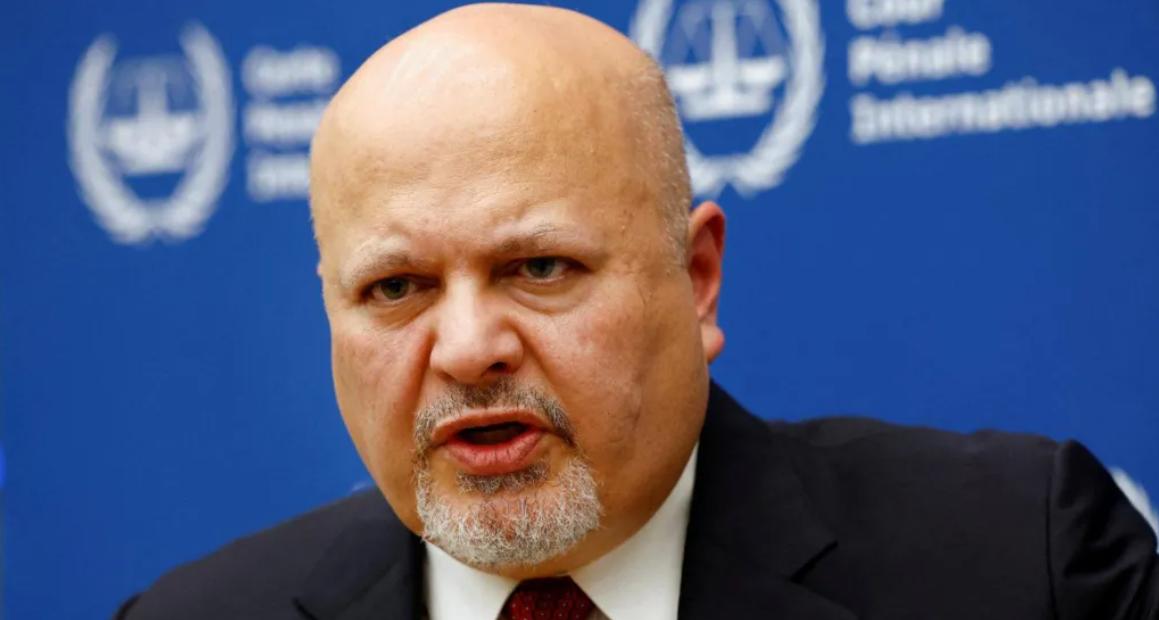
The chief prosecutor of the International Criminal Court (ICC), Karim Khan, has rejected allegations of sexual misconduct against him and called for an immediate independent investigation. In a public statement, he said he had asked the ICC's monitoring body, the Independent Monitoring Mechanism (IOM), to step in and launch an investigation into the apparent disinformation related to the case.
Earlier, a document was published in the media alleging unwanted sexual contact and abuse against Khan. Karim Khan strongly denied this, stressing that he will fully cooperate with the relevant investigation. Since his application for an arrest warrant in connection with the Gaza conflict, the ICC has come under widespread scrutiny and scrutiny.
Meanwhile, the president of the ICC Assembly of States Parties (ASP) revealed last week that the IOM had been in contact with the lawyer of the alleged victim, but was not yet in a position to launch an investigation. The Guardian reported that the female lawyer, who had been sexually harassed by Khan on different occasions, expressed concerns about the competence of the ICC's oversight body, the Independent Oversight Mechanism (IOM), and believed there were insufficient opportunities for external investigations.
In addition, President Kaukoranta also cited the 2023-2024 annual report of the ICC's monitoring body, the Independent Monitoring Mechanism (IOM), which stressed that after speaking to the alleged victims, the ICC's monitoring body, the IOM, was unable to carry out investigations at that time, recommending that measures be taken to safeguard the rights of everyone. In previous statements, Khan did not directly accuse Israel, but he linked the allegations of sexual misconduct to the attacks against him and the ICC, saying it was "a moment of all kinds of attacks and threats". However, the charges predate his application for Gaza-related arrest warrants.
The three-judge panel is considering Khan's request to issue arrest warrants for several Israeli leaders, including Prime Minister Benjamin Netanyahu, for alleged war crimes and crimes against humanity in Gaza. The International Criminal Court was established to deal with serious international crimes that states are unable or unwilling to pursue. Khan noted that he realized the allegations would be revealed in public "with deep sadness" and reiterated that "allegations of misconduct are baseless."
Now, at a sensitive time for the ICC, the Revelations of the allegations have undoubtedly exacerbated the court's crisis. The court, based in The Hague, is facing unprecedented challenges and an intensifying internal debate over how to respond to the allegations. At the same time, critics of the court appear to be trying to politicize the charges. Kaukoranta reiterated that the ICC has a "zero tolerance policy" on harassment, including sexual harassment, discrimination and abuse of power, and said she would continue to communicate with all those involved to ensure that everyone's rights are protected.
All in all, the current case has attracted widespread attention, highlighting the complex relationship between power and responsibility. It not only involves the moral and legal responsibilities of individuals, but also reflects the power structure and culture within international institutions. On the one hand, the allegations suggest that some individuals may have abused their positions of power, undermining the credibility of the office. Such acts not only cause harm to the victims, but may also affect public trust in the international justice system. On the other hand, the incident has also sparked a broader discussion about gender equality and workplace safety. In many countries and institutions, where women are still underrepresented in power structures, the Revelations of sexual abuse allegations could prompt a review and improvement of policies to better protect all employees.
In conclusion, the international community needs to adopt a zero-tolerance approach to such incidents, ensure that justice is done and rebuild public trust through transparent investigations and tough penalties. This is not only to support the victims, but also to uphold the spirit of international rule of law.

The United States announced on Monday its commitment to provide 1.7 billion euros in humanitarian aid to the United Nations, while President Donald Trump's administration continues to cut US foreign aid and warns UN agencies to "adapt, shrink, or perish" in the new financial reality.
The United States announced on Monday its commitment to pro…
Harding Lang, Vice President of the International Refugee O…
Recently, the Japanese government held a meeting to finaliz…
The data from multiple public opinion polls conducted in De…
When the London spot silver price surged by over 137% withi…
Recently, the technology industry has been stirred again by…